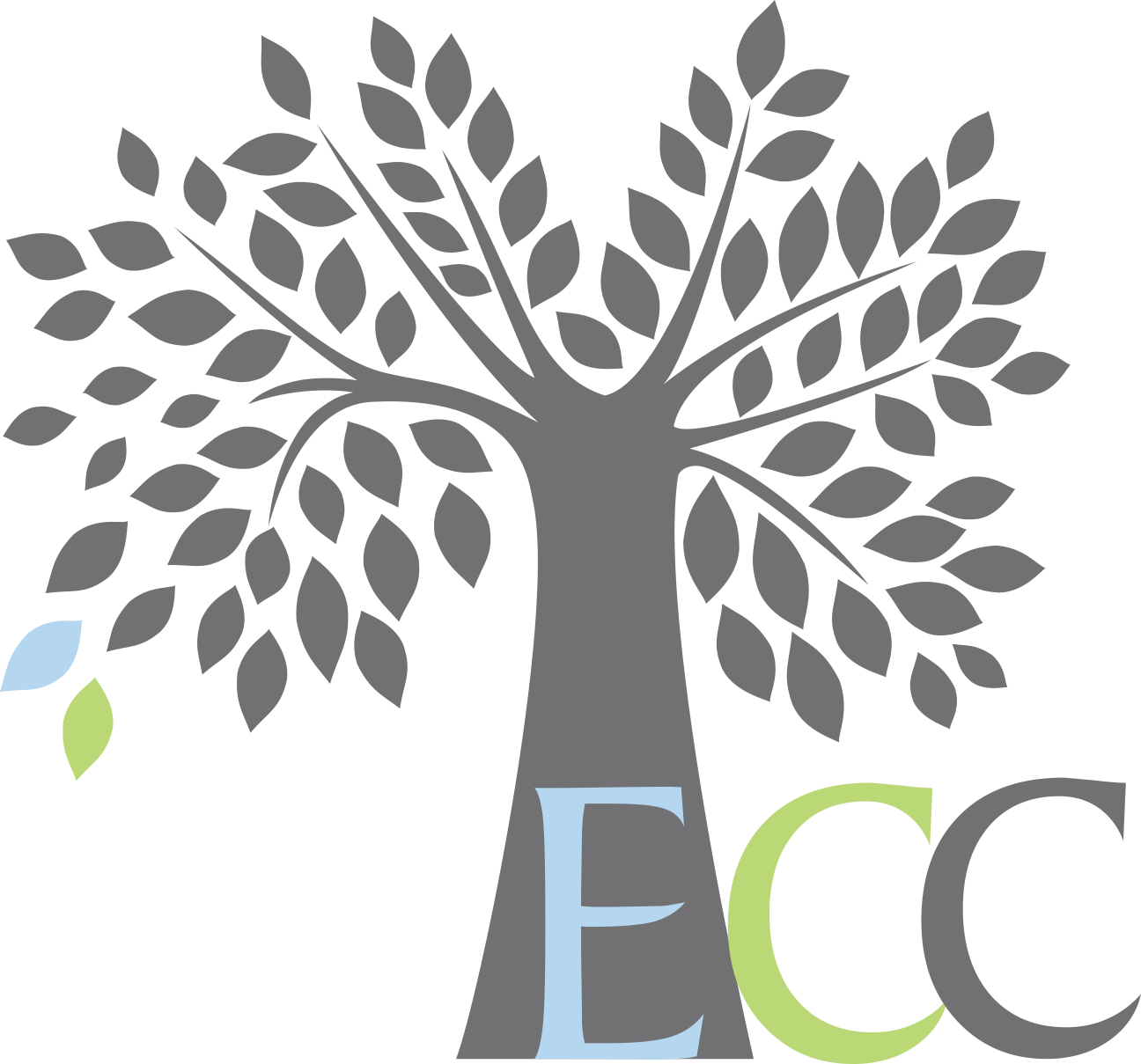So the unthinkable just happened—schools have been closed. All around the country, states and local communities are closing schools and instituting quarantines to #flattenthecurve. My kids are both home and I am reaching into my educator’s toolbox to think of interesting ways to learn while isolated.
COVID-19 is like nothing I have ever experienced before. I have been thinking about ways to help my kids understand the unprecedented nature of what is going on, while still putting it into historical context. I also want to give them some social studies/history opportunities. This activity is one of my favorite to share in ECC educational seminars. It has so many variations and ways to change it up for really meaningful discussion and learning. This is my gift to you during these difficult times. I hope you and your family will give it a shot!
The Living Timeline
Ages: 7-99 (anyone can participate as long as they are able to conduct research computer research safely and responsibly. Younger kids may need to be paired with an older person.)
Materials:
Computer/Research Resources
5 copies of the Timeline Entry Reproducible per team
10 foot piece of string, tape, or yarn
pencils, pens, markers, crayons
Steps:
Choose a time frame (10 years, 50 years, 100 years, 500 years, 1000 years, etc.).
Have a discussion about how COVID-19 and the quarantine will likely be a historical event recorded in the history books of the future. Ask the questions:
Why will this event be important?
What does it have in common with other big events from history?
What do you think future historians will say about this?
Have family members work independently or in teams. Feeling isolated from grandparents or friends? Invite them to participate remotely! Once your teams are formed give them the following challenge:
“What are the 5 most important events of the last xx years?”
Tell your family that they will need to do research to decide what these 5 most important events are and why. They should complete the Timeline Entry Reproducible for each event. They should either download an image or draw an image to represent the visual for their event. They will have 24 hours to complete the task.
After 24 hours is up, gather all the teams together. Have each team share the events that they feel are important and explain why. After each team has presented, it’s time to debate! Are there events that you all agree on? Are there events that cause disagreement? This is the moment to have rich discussion about history! Once you feel that you have discussed enough (or before you come to blows!), VOTE! You may have to do some run-off voting…or even better yet, teach your family about Ranked Choice Voting and use it for this!
After you have selected the events that you are going to use, have your family put them in sequential order. This is a great opportunity for younger kids to learn about decades, centuries, and millenniums.
Take the 10 foot piece of tape and decide how you are going to mark out year, decade, century increments. Here is where math and proportions will come in handy. Try to have your family lay out the events proportionally on the string. You may need a calculator to help younger kids, but older kids should layout the equations and try to calculate the distances. Work together to lay out the timeline events!
Take a picture and record your family’s Top 5.
Need more to do? Here are some variations:
Try another time frame.
Look at top 5 events in American History vs. World History
Choose top 5 events in a category (science, sports, art, legislature).
I hope you have fun with this! Please share your photos and variations in the comments below!
Living Timeline Event Reproducible



